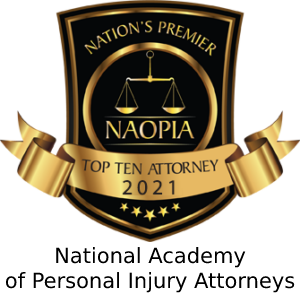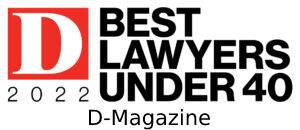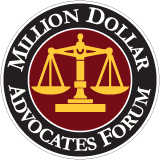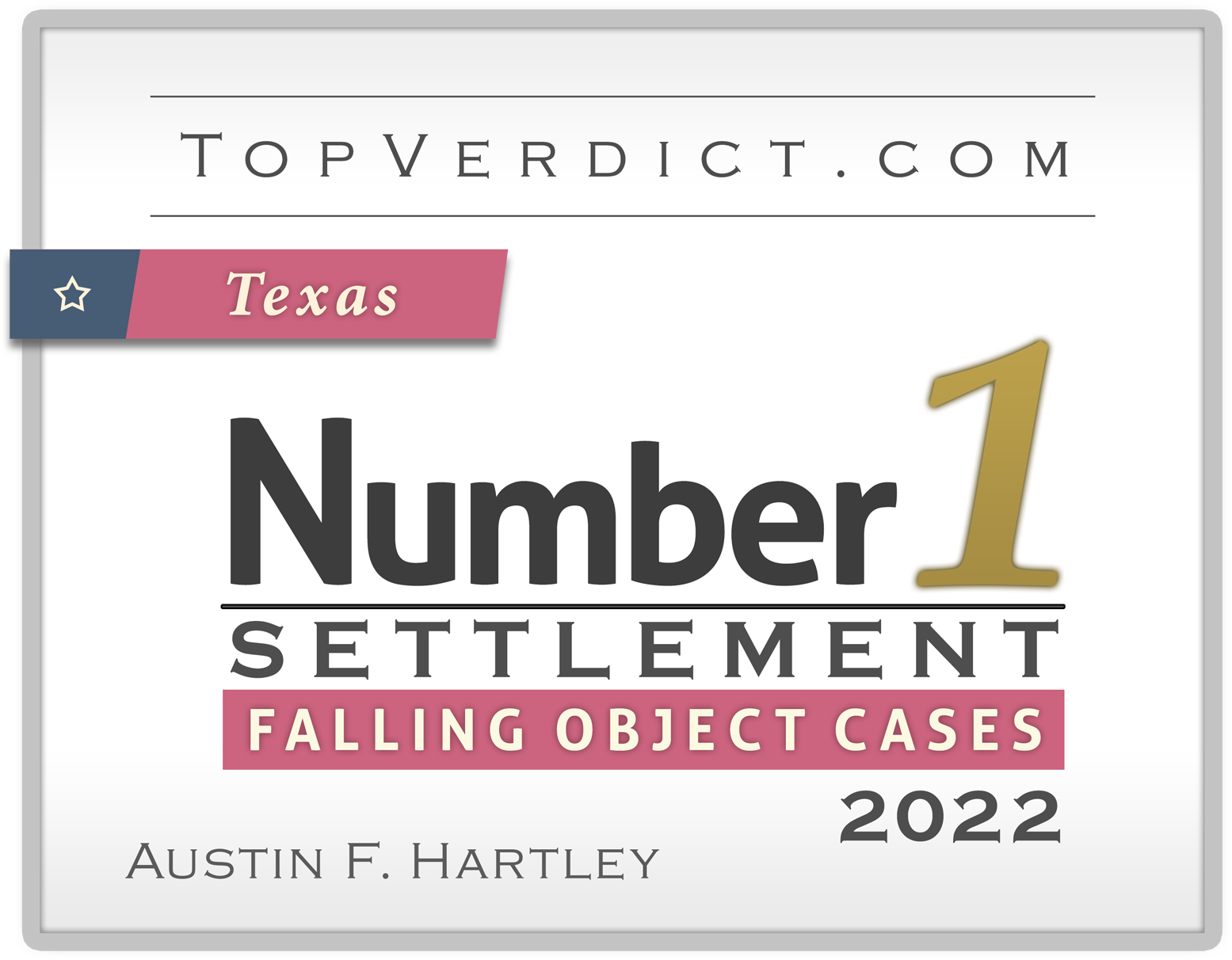What Happens If You Crash a Rental Car in Texas?
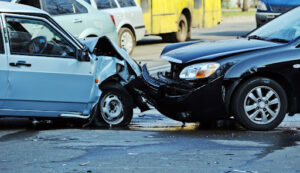
What to Do First in an Accident
You can take some comfort in knowing that a rental car crash in Texas is pretty much the same as crashing your personal car. Therefore, follow these steps first:
- Make sure everyone is safe and call 911 for any injuries;
- Collect contact information from the other driver, the other passengers, and also from any witnesses;
- Exchange insurance information with the other driver;
- Take lots of photos;
- Take notes; and
- Obtain a copy of the police report, if it is available at the scene, and get the name and contact information of the police officer.
At this point, you have done what you would do in any other car crash. Now it basically comes down to what insurance is in place at the time of the crash:
- Your insurance,
- The rental car company’s insurance, or
- The credit card company’s insurance.
When you rented the car, you undoubtedly agreed in the rental contract to return the car in the condition that it was in when you rented it. Therefore, the car is your responsibility even if the car rental crash was someone else’s fault.
How to Report a Rental Car Accident
Once you have gathered all the above information, call the rental car company emergency number. The number is often located on a sticker in the glove box and is also on your rental car agreement. When you call the rental car company, take the following steps:
- Tell them what happened, but try to avoid making statements that suggest you were responsible for the accident.
- Ask the rental car company what to do with the car. If you can drive it, ask them where. If you cannot, ask them what towing service to call.
- Take down the name, contact information (including employee I.D. number), and claim number from the rental car company agent.
After dealing with the rental car company, call your own insurance company and report the accident. As well, if you used a major credit card to rent the car, you should report the accident to them too. As a final observation, you may need to fill out an accident report for the rental car company, which may be very similar to the police report.
How Is the Accident Covered?
In any car accident, the insurance will address property damage (i.e., collision and comprehensive coverage) and personal injuries (i.e., liability coverage). Note that since Texas does not require you to carry additional insurance when you rent a car, how the accident is covered is not always clear. Again, the three primary sources of rental car insurance are your insurance, the rental car company’s insurance, and credit card insurance. We address each of these policies below.
Your Insurance
Generally, most personal car insurance policies will cover rental car accidents and the resulting personal injury liability. However, personal car insurance policies occasionally exclude coverage for long-term rental cars. So review your insurance policy for exclusions to coverage and your deductible amount.
Rental Car Company Insurance
We have all been offered insurance at the rental car company desk. There are four general policies offered.
Collision damage waiver (CDW)
This is really not insurance but is the most common coverage offered by the rental car company. Under a CDW, the rental car company waives any claim for damage or repair costs to the rental car (including theft). The CDW never covers liability for injuries and loss of personal property. In addition, reckless driving, driving under the influence, driving was not authorized, or allowing an unauthorized driver voids the CDW.
Liability coverage
This insurance covers any damage to others’ property and injuries to the other driver and passengers. Frequently this insurance will overlap with your personal car insurance.
Personal accident insurance
This insurance covers injuries to you and your passengers. Like rental car company liability coverage, this too often overlaps with your personal car insurance.
Personal effects insurance
As it indicates in its title, personal effects insurance covers the loss of personal effects belonging to you and other passengers. If you have homeowner’s insurance or renter’s insurance, it may overlap with personal effects insurance.
Credit Card Insurance
Some major credit cards automatically provide for rental car insurance. However, you must have used the credit card to rent the car for the coverage to apply. Check with your credit card company for any rental car insurance. If in effect, it will almost always cover collision and damage, but it almost never covers liability for personal injury.
Costs Outside of a Regular Car Accident
The damage and repair of your Texas car rental crash will raise a few additional costs not normally associated with the damage and repair of your personal car. First, the rental car company may charge you for loss of use (i.e., the time repairing the car). Second, you may be liable for diminution in the value of the rental car. Finally, the rental car company may charge you “administrative fees” for managing the repairs to the car or getting it back into the rental fleet.
Hartley Law Firm Is Here to Help You
A Texas car rental crash is distressing and confusing. At Hartley Law Firm we can help guide you to maximizing your insurance coverage and advocate with the insurance companies and the rental car company on your behalf. Contact us today to schedule your free in-person consultation.


